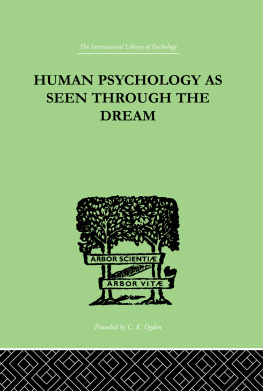First published 2016
by Routledge
711 Third Avenue, New York, NY 10017
and by Routledge
2 Park Square, Milton Park, Abingdon, Oxon, OX14 4RN
Routledge is an imprint of the Taylor & Francis Group, an informa business
2016 Taylor & Francis
The right of Wolff-Michael Roth to be identified as the author of this work has been asserted by him in accordance with sections 77 and 78 of the Copyright, Designs and Patents Act 1988.
All rights reserved. No part of this book may be reprinted or reproduced or utilized in any form or by any electronic, mechanical, or other means, now known or hereafter invented, including photocopying and recording, or in any information storage or retrieval system, without permission in writing from the publishers.
Trademark notice: Product or corporate names may be trademarks or registered trademarks, and are used only for identification and explanation without intent to infringe.
Library of Congress Cataloging-in-Publication Data
Roth, Wolff-Michael, 1953
Concrete human psychology : toward a biologically plausible approach /
Wolff-Michael Roth.
pages cm
Includes bibliographical references and index.
1. PsychologyPhilosophy. 2. Dialectical materialismPsychological
aspects. 3. Vygotskii, L. S. (Lev Semenovich), 18961934. I. Title.
BF38.R675 2016
150.1dc23
2015008572
ISBN: 978-1-138-83309-8 (hbk)
ISBN: 978-1-138-83310-4 (pbk)
ISBN: 978-1-315-68002-6 (ebk)
Typeset in Bembo
by Apex CoVantage, LLC
Contents
[Vygotsky] was the first who already in his article Consciousness as a problem for the psychology of behavior raised the problem of the need for a concrete psychological study of consciousness as a concrete psychological reality.
(Leontev, 1997, p. 14)
Attending an academically oriented high school in Germany, I was subject to the inculcation of values that place primacy on the intellect over practical work. At the same time, during my late teens, I developed severe depression, pondering the sense of life and suicide, and eventually departed in the direction of India, leaving school and family behind. On the road, while pondering my situation, I eventually realized that my minds I was running circles. It attempted to solve problems of which it was itself the creator. My thoughts generated further thoughts, seemingly independent of everything else, affect seemingly being only a valuation of the conclusions of thought. Today I realize that this had been a pathological expression of an approach to thinking that Lev S. Vygotsky had written about in the 1930s:
It is well known that the separation of the intellect from the affective-volitional side of consciousness is one of the main fundamental problems of the entire traditional psychology. Thinking transforms itself necessarily into an autonomous stream of thoughts thinking themselves, and isolates itself from the fullness of real life, the living motives, interests, drives of the thinking person.
(Vygotskij, 1934, p. 14)
In my own case, it was not Vygotsky who was to help me out of my troubles. Instead, I had come to know and practice Zen. One of its goals is to overcome the divide between the mental and the practical-material parts of life, a reflection of which is affect. It was the Kicking-the-Water-Jug koan in particular that began changing me and, some 20 years later, the ways in which I researched knowing and learning (i.e., through situated and distributed cognition approaches).
Koans are riddles that Zen practitioners have to solve. The Kicking-the-Water-Jug koan goes like this. An abbot for a new monastery is sought. The person best responding to the question concerning the nature of a water jug would be the new abbot. After a number of erudite senior monks had responded in very intellectual ways, Isan the cook came over, kicked the jugwhich fell over and broke, spilling all the water it containedand walked away. Isan was named the new abbot.
Even though I was still grappling with the very notion of a koan and the nature of the riddle it embodies, I was impressed by the precedence of the jug-destroying kick over the erudite discourses. I also realized that a verbal explanation was against the very nature of this koans point. The action expressed a form of knowing that, better than any verbal description, expressed the being of a water jugespecially with respect to its role in human practices.
In my personal life, I had overcome the gap between the material world and intellect by the time I started my PhD (19851987). However, I did a neo-Piagetian study of development of mathematical reasoning in adults. The Piagetian part concerned the stagewise development of thinking, whereas the neo- referred to information-processing approaches to Piagetian theory. After my PhD, I returned to teaching high school science. There I began to videotape students while they conducted self-designed investigations and experiments in field ecology and physics. In this context, my psychological theories no longer explained what was happening. In this context, I discovered the literature on the situated nature of cognition, which opened up for me the possibility of investigating cognition in new ways. It was through an article on a cultural-historical approach to distributed cognition (Cole & Engestrm, 1993) that I was introduced initially to the work of A. N. Leontev and his Marxist social-psychological theory, commonly referred to in the English literature as cultural-historical activity theory .
My deep involvement with this theory eventually led me to read not only two of its more recent embodimentsthe versions developed in the Center for Activity Theory and Developmental Work Research (Helsinki, Finland) and in Kritische Psychologie [Critical Psychology] (Berlin, Germany)but also the historical predecessors. I came to read L. S. Vygotsky generally and two of his texts that have become foundational to the present book specifically. Their titles may be translated into English as Concrete Human Psychology and The Historical Sense [smysl] of the Psychological Crisis: A Methodological Investigation (Vygotskij, 2005). In both texts, Vygotsky grounds the fundamental and foundational characteristics of his theory and method in the ideas of K. Marx, and he states that psychology was in need of its own version of Das Kapital [Capital], the work in which Marx shows how market economy historically developed from barter exchanges. Scholars such as Leontev and, following him, the German social psychologist K. Holzkamp would take up Vygotskys program, developing approaches in which (social) psychological categories would be reconstructed based on evolutionary plausible accounts. Thus, for example, Leontev (1959) shows how the unity of intellect, affect, and practical activity would have had to arise when single-cellular organisms were actively orienting in the brine surrounding them and thereby aligning external signals with subsequent gratification of dietary needs.
After years of doing research in the context of cultural-historical activity theory, and after I had read different English and non-English versions of Mylenie i re [Thinking and Speaking], the collection of papers published under the title Mind in Society (Vygotsky, 1978), and the chapter on the crisis of psychology, I eventually came across first the English then also the German and Russian versions of what are for me the most explicit formulation of the orientation of Vygotskys work, the orientation that Leontev was taking up: Concrete Human Psychology. This text lays the ground for a form of psychology that until today has not yet been realized in the scholarly discipline almost exclusively concerned with the mind irrespective of its role in everyday life. Even the embodiment and enactivist literatures do not get at the kinesthetic dimensions that characterize not only physical movement, as in dance, but all of our knowing in most general terms; this literature, despite its apparent focus on the body, remains essentially idealistic, concerned with the mind at the expense of sensuous life (Jantzen, 1991). This focus on the ideal (i.e., mind) can also be found among those claiming to follow Vygotsky. In part, this situation may be the result of the fact that the Russian word psixika ( Psyche , in German) tends to be translated as mind rather than as psyche, which is more extended than the mind. Even S. Freud, apparently concerned solely with the (conscious and unconscious) mind, realizes, on his deathbed, that there is more to the psyche than the mental: Psyche is spread out, does not know thereof (Freud, 1999, p. 142). Vygotsky, though not a Freudian, is concerned with the psyche rather than the mind.

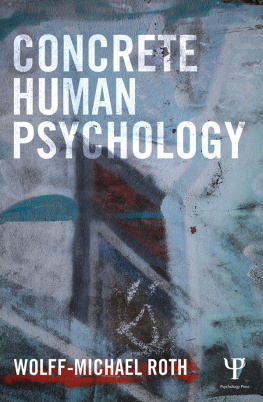

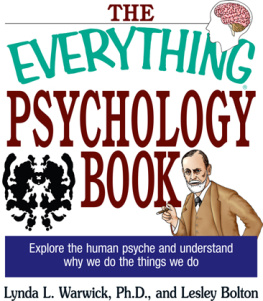
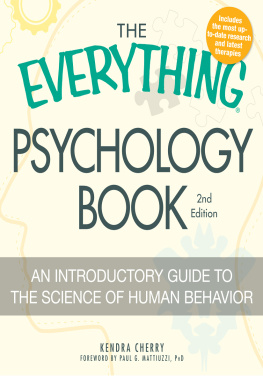
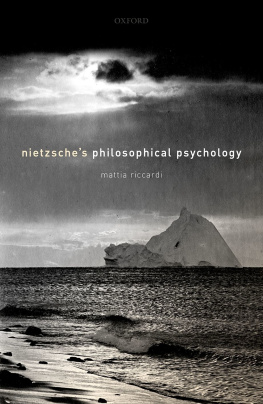
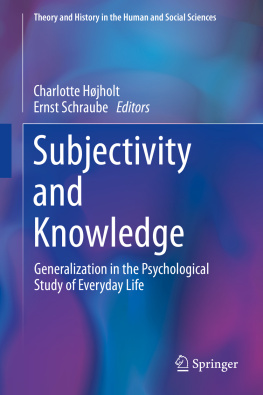
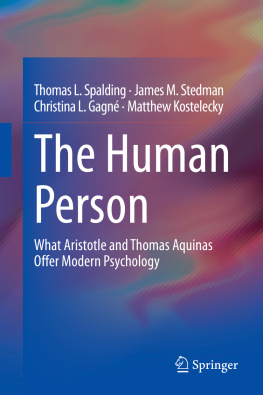
![Sarah Lewis [Sarah Lewis] - Positive Psychology and Change](/uploads/posts/book/124055/thumbs/sarah-lewis-sarah-lewis-positive-psychology-and.jpg)
